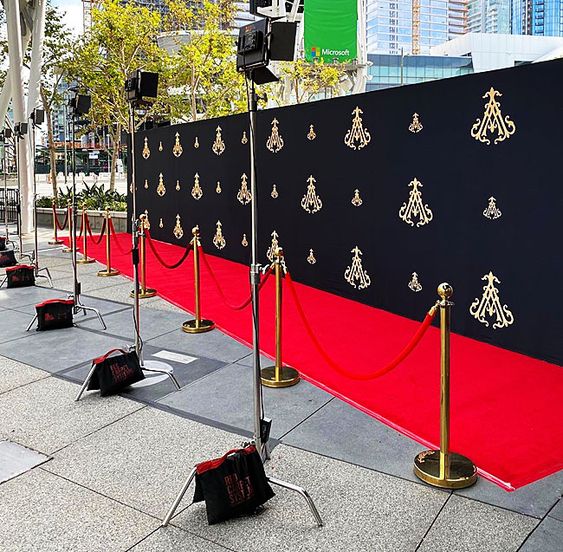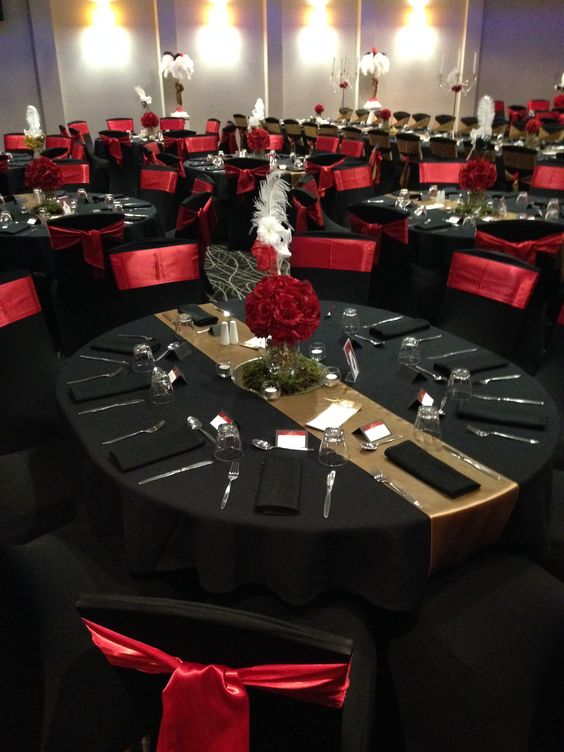
What Kola nut (Ọjị) stands for in igbo land
Kola nut (Igbo: Ọjị) occupies a unique position in the cultural life of Igbo people. Ọjị is the first thing served to any visitor in an Igbo home. Ọjị is served before an important function begins, be it marriage ceremony,[31] settlement of family disputes or entering into any type of agreement. Ọjị is traditionally broken into pieces by hand, and if the Kola nut breaks into 3 pieces a special celebration is arranged.
igbo has a Calendar (Iguafo Igbo)
In the traditional Igbo calendar, a week (Igbo: Izu) has 4 days (Igbo: Ubochi) (Eke, Orie, Afọ, Nkwọ), seven weeks make one month (Igbo: Ọnwa), a month has 28 days and there are 13 months in a year. In the last month, an extra day is added. The names of the days have their roots in the mythology of the Kingdom of Nri. It was believed that Eri, the sky-born founder of the Nri kingdom, had gone on a journey to discover the mystery of time. On his journey he had saluted and counted the four days by the names of the spirits that governed them, and so the names of the spirits (eke, orie, afọ and Nkwo) became the days of the week.
No. Months (Ọnwa) Gregorian equivalent
1 Ọnwa Mbụ (3rd week of February)
2 Ọnwa Abụa (March)
3 Ọnwa Ife Eke (April)
4 Ọnwa Anọ (May)
5 Ọnwa Agwụ (June)
6 Ọnwa Ifejiọkụ (July)
7 Ọnwa Alọm Chi (August to early September)
8 Ọnwa Ilo Mmụọ (Late September)
9 Ọnwa Ana (October)
10 Ọnwa Okike (Early November)
11 Ọnwa Ajana (Late November)
12 Ọnwa Ede Ajana (Late November to December)
13 Ọnwa Ụzọ Alụsị (January to Early February)
An example of a month: Ọnwa Mbụ
Eke Orie Afọ Nkwọ
1 2
3 4 5 6
7 8 9 10
11 12 13 14
15 16 17 18
19 20 21 22
23 24 25 26
27 2


SEEA=AWARDS 2022, THE BIGGEST EVENT IN EASTHERN REGION IS HERE


